Limited Availability: Treatment beds filling quickly. Call now for immediate placement – (844) 561-0606
Addiction Helpline America connects you to 322 drug rehab centers in Arkansas, offering a variety of options such as inpatient facilities, outpatient programs, and medication-assisted treatment centers. Our comprehensive directory helps you find licensed and accredited treatment facilities across Arkansas, ensuring you receive the support necessary for your recovery journey.

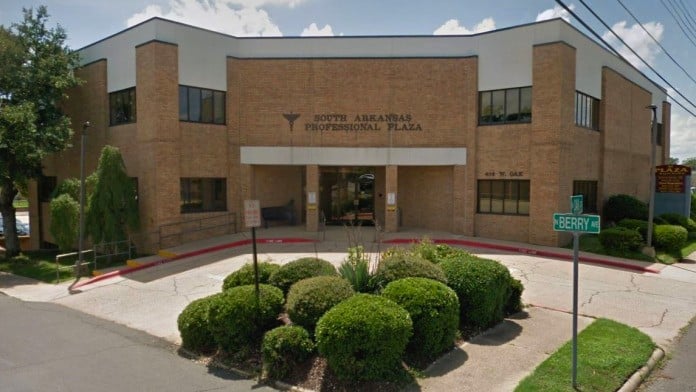 | Applegate Recovery in El Dorado, AR – MAT & Counseling ServicesAppleGate Recovery El Dorado, located in El Dorado, AR, provides personalized addiction treatment services designed to support individuals on their journey to recovery. Our facility offers a range of programs, including detoxification, residential treatment, and outpatient services, all tailored to meet the unique needs of each client. With a focus on evidence-based therapies and compassionate care, our dedicated team helps individuals regain control of their lives and achieve lasting sobriety. At AppleGate Recovery, we believe in the power of hope and healing in overcoming addiction. Contact us today to learn more about our services and take the first step toward a brighter future. 403 W Oak St Suite 300, El Dorado, AR 71730 | Levels of Care:outpatient Payment Options:MonthlySelf-Pay OptionsMedicaid | ||
Arkansas Counseling AssociatesArkansas Counseling Associates, located in Dumas, AR, offers professional counseling services aimed at supporting individuals and families in overcoming life\'s challenges. Our experienced team provides a range of services, including individual therapy, family counseling, and group sessions, tailored to meet the unique needs of each client. We focus on creating a safe and supportive environment where clients can explore their feelings, develop coping strategies, and work towards personal growth. At Arkansas Counseling Associates, we believe in the power of understanding and healing. Contact us today to learn more about our services and take the first step toward a healthier, happier life. 105 Carlton Circle, Dumas, AR 71639 | Levels of Care:outpatient Payment Options:MedicaidPrivate insuranceSelf-Pay OptionsFinancial AidMedicareMilitary Insurance | |||
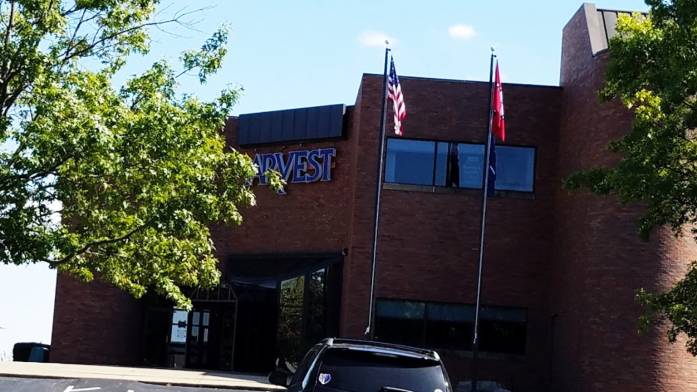 | Arkansas Families FirstArkansas Families First, located in Little Rock, AR, is dedicated to providing comprehensive support services for families in need. Our programs focus on promoting healthy family dynamics, enhancing parenting skills, and offering resources for mental health and substance abuse challenges. With a team of compassionate professionals, we work collaboratively with families to develop personalized plans that address their unique situations and foster resilience. At Arkansas Families First, we believe in empowering families to thrive and create a brighter future. Contact us today to learn more about our services and how we can support you and your loved ones. 4004 McCain Blvd, Suite 203, Little Rock, AR 72116 | Levels of Care:Inpatient Payment Options:Private InsuranceSelf-Pay Options | ||
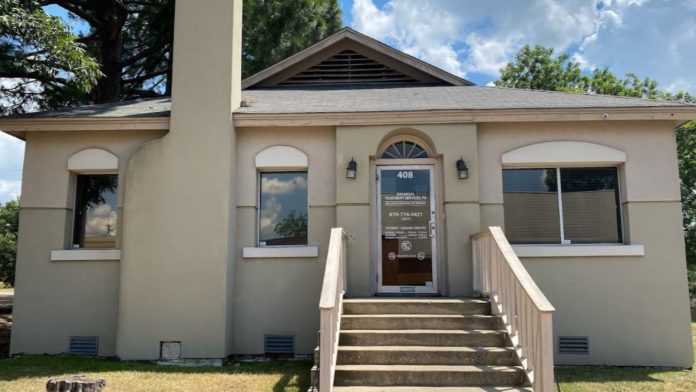 | Arkansas Treatment ServicesArkansas Treatment Services, located in Texarkana, AR, offers effective addiction recovery solutions tailored to meet the needs of individuals facing substance use disorders. Our comprehensive programs include detoxification, outpatient therapy, and individualized treatment plans designed to support lasting recovery. With a compassionate and experienced team, we provide a safe environment where clients can explore their challenges, develop coping skills, and work towards a healthier lifestyle. At Arkansas Treatment Services, we believe that recovery is possible and are committed to guiding you through every step of the journey. Contact us today to learn more about our services and take the first step toward a brighter future. 408 Hazel St, Texarkana, AR 71854 | Levels of Care:Detoxoutpatient Payment Options:Self-Pay Options | ||
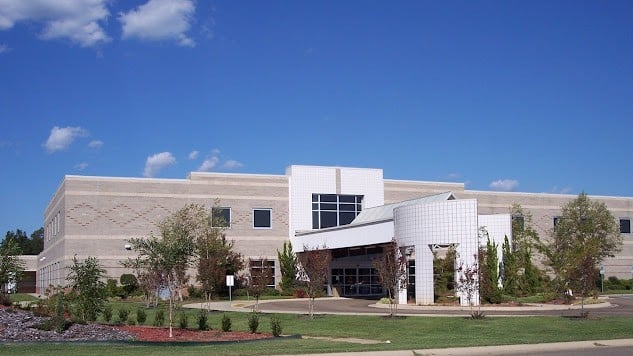 | Ashley County Medical CenterAshley County Medical Center, located in Crossett, AR, is dedicated to providing high-quality healthcare services to the community. Our facility offers a range of medical services, including emergency care, outpatient services, and specialized treatments, all delivered by a team of experienced healthcare professionals. We are committed to ensuring that each patient receives personalized care in a compassionate environment. At Ashley County Medical Center, we believe in promoting health and wellness for all our patients. Contact us today to learn more about our services and how we can assist you in achieving your health goals. 1015 Unity Rd, Crossett, AR 71635 | Levels of Care:Inpatientoutpatient Payment Options:Private insuranceSelf-Pay OptionsMedicareMilitary InsuranceMedicaidFinancial Aid | ||
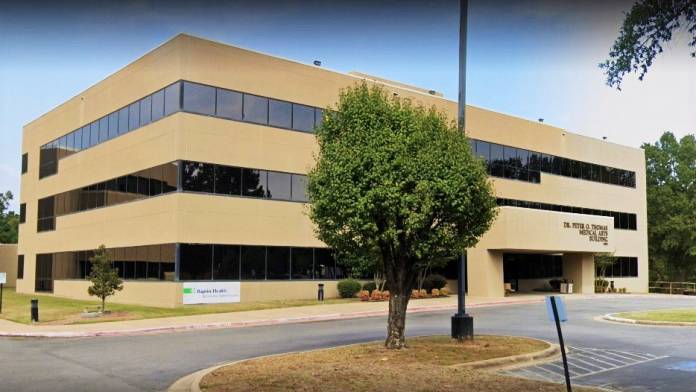 | Baptist Health Behavioral Health Clinic - Little RockBaptist Health Behavioral Health Clinic in Little Rock, AR, is dedicated to providing comprehensive mental health services to individuals and families. Our clinic offers a range of services, including counseling, psychiatric evaluations, and treatment for various mental health conditions. With a team of skilled professionals, we focus on creating a supportive environment where clients can receive personalized care tailored to their unique needs. At Baptist Health, we believe in the importance of mental wellness and are committed to helping our patients achieve a better quality of life. Contact us today to learn more about our services and take the first step toward improved mental health. 11321 Mabelvale West Rd Suite 304, Little Rock, AR 72103 | Levels of Care:DetoxInpatientoutpatient Payment Options:Self-Pay OptionsMedicareMedicaid | ||
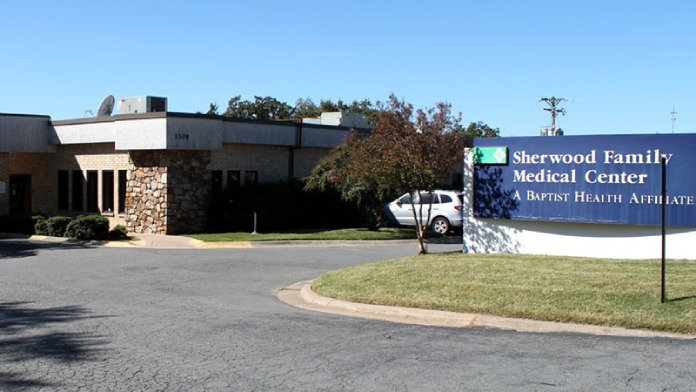 | Baptist Health Behavioral Health Clinic - Sherwood Family Medical CenterBaptist Health Behavioral Health Clinic at Sherwood Family Medical Center in Sherwood, AR, provides comprehensive mental health services designed to support individuals and families. Our clinic offers a wide range of services, including individual therapy, group therapy, and psychiatric evaluations, all delivered by a team of dedicated mental health professionals. We focus on creating a compassionate and safe environment where clients can discuss their concerns and work toward recovery. At Baptist Health, we understand the importance of mental health and are committed to helping you achieve your goals. Contact us today to learn more about our services and take the first step toward a healthier, more fulfilling life. 1308 E Kiehl Ave, Sherwood, AR 72120 | Levels of Care:DetoxInpatientoutpatient Payment Options:Private InsuranceSelf-Pay OptionsMedicareMedicaid | ||
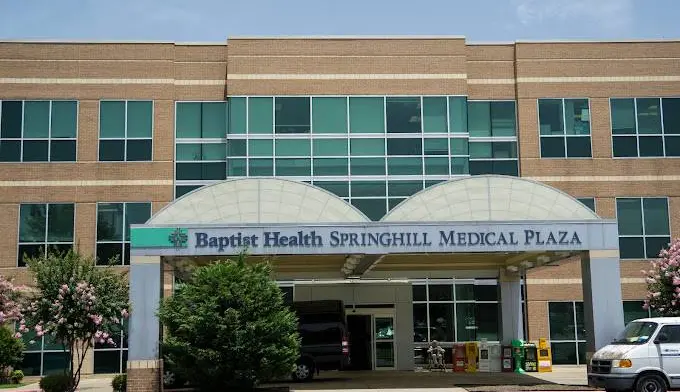 | Baptist Health Behavioral Health Clinic-North Little RockBaptist Health Behavioral Health Clinic in North Little Rock, AR, is committed to providing exceptional mental health services to individuals in need. Our clinic offers a variety of services, including therapy, medication management, and support for various mental health disorders. With a dedicated team of mental health professionals, we strive to create a welcoming and supportive environment where clients can explore their concerns and develop effective coping strategies. At Baptist Health, we prioritize your mental well-being and are here to guide you on your path to recovery. Contact us today to learn more about our services and take the first step toward a healthier mind. 3201 Springhill Dr Suite 400, North Little Rock, AR 72117 | Levels of Care:Inpatientoutpatient Payment Options:MedicaidMedicareSelf-Pay Options | ||
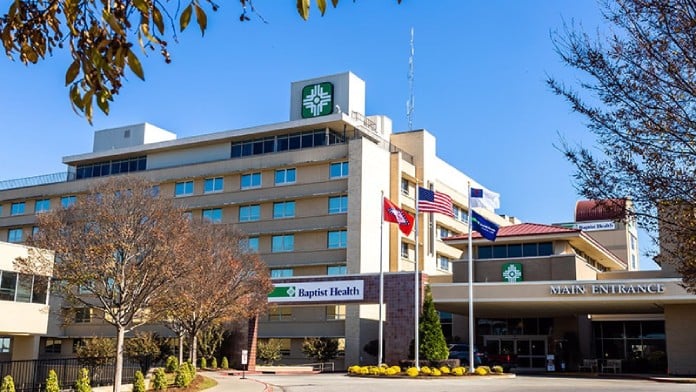 | Baptist Health Behavioral Health Services-Fort SmithBaptist Health Behavioral Health Services in Fort Smith, AR, is dedicated to providing comprehensive mental health care to individuals and families. Our services include therapy, medication management, and specialized programs for various mental health conditions. With a compassionate team of experienced professionals, we strive to create a supportive environment where clients can explore their challenges and develop effective coping strategies. At Baptist Health, we prioritize your mental well-being and are committed to guiding you on your path to recovery. Contact us today to learn more about our services and take the first step toward a healthier mind. 1001 Towson Ave #500, Fort Smith, AR 72901 | Levels of Care:Inpatientoutpatient Payment Options:MedicaidMedicareSelf-Pay Options | ||
Baptist Health Behavioral Service ClinicBaptist Health Behavioral Service Clinic in Little Rock, AR, is dedicated to providing expert mental health support for individuals and families. Our clinic offers a range of services, including therapy, psychiatric evaluations, and crisis intervention, all delivered by a team of compassionate professionals. We focus on creating a safe and welcoming environment where clients can openly discuss their mental health challenges and receive personalized care. At Baptist Health, we understand the importance of mental wellness and are committed to helping you achieve a healthier, more balanced life. Contact us today to learn more about our services and take your first step toward recovery. 11401 I-30, Little Rock, AR 72209 | Levels of Care:Inpatient Payment Options:Private insuranceSelf-Pay OptionsMedicareMilitary Insurance | |||
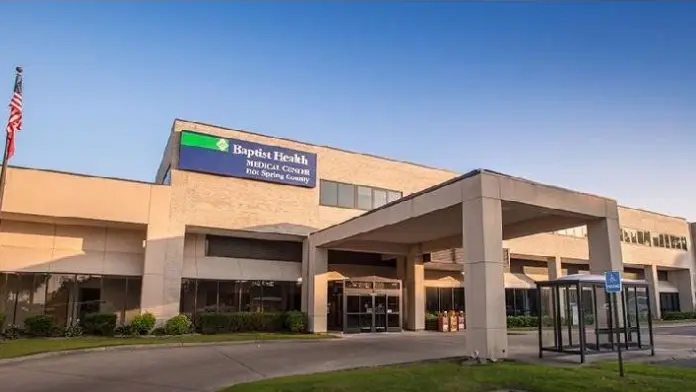 | Baptist Health Medical Center-Hot Spring CountyBaptist Health Medical Center in Malvern, AR, is dedicated to providing comprehensive healthcare services to the community. Our facility offers a wide range of medical services, including emergency care, outpatient services, and specialized treatments, all delivered by a team of experienced healthcare professionals. We prioritize patient-centered care and are committed to ensuring that each individual receives personalized attention and support. At Baptist Health, we believe in promoting health and wellness for all our patients. Contact us today to learn more about our services and how we can assist you in achieving your health goals. 1001 Scheider Dr, Malvern, AR 72104 | Levels of Care:Inpatient Payment Options:MedicaidPrivate insuranceSelf-Pay OptionsFinancial AidMedicareMilitary Insurance | ||
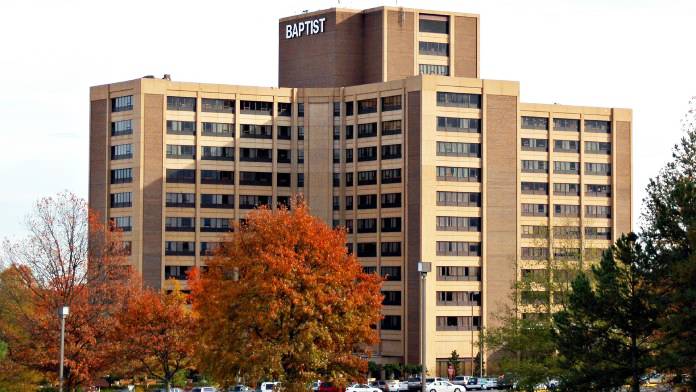 | Baptist Health Medical Center-Little RockBaptist Health Medical Center-Little Rock is committed to providing high-quality healthcare services to the community. Located in Little Rock, AR, our facility offers a wide range of medical services, including emergency care, surgical services, and specialized treatments, all delivered by a team of skilled healthcare professionals. We prioritize patient care and are dedicated to ensuring that each patient receives personalized attention in a compassionate environment. At Baptist Health, your health is our top priority. Contact us today to learn more about our services and how we can support your healthcare needs. 9601 Baptist Health Dr, Little Rock, AR 72205 | Levels of Care:Inpatientoutpatient Payment Options:Private InsuranceSelf-Pay OptionsFinancial AidMedicare | ||
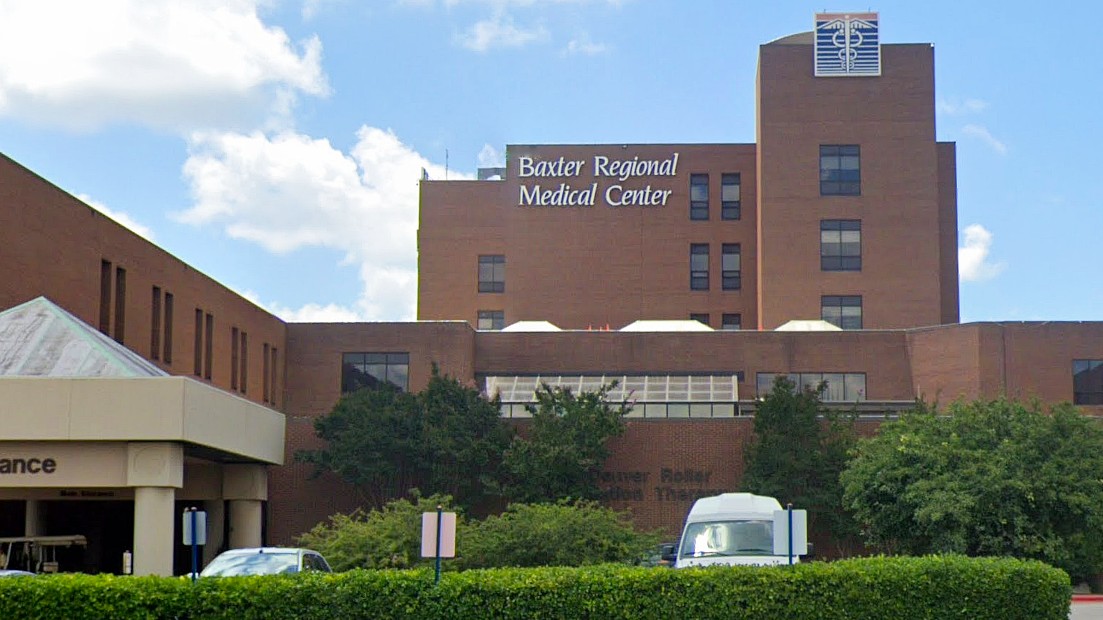 | Baxter Regional Medical Center - Hensley Behavioral Health Center624 Hospital Drive Mountain Home AR, 72653 | Payment Options:Medicaid Private insurance Self-pay options Financial aid Medicare Military insurance | ||
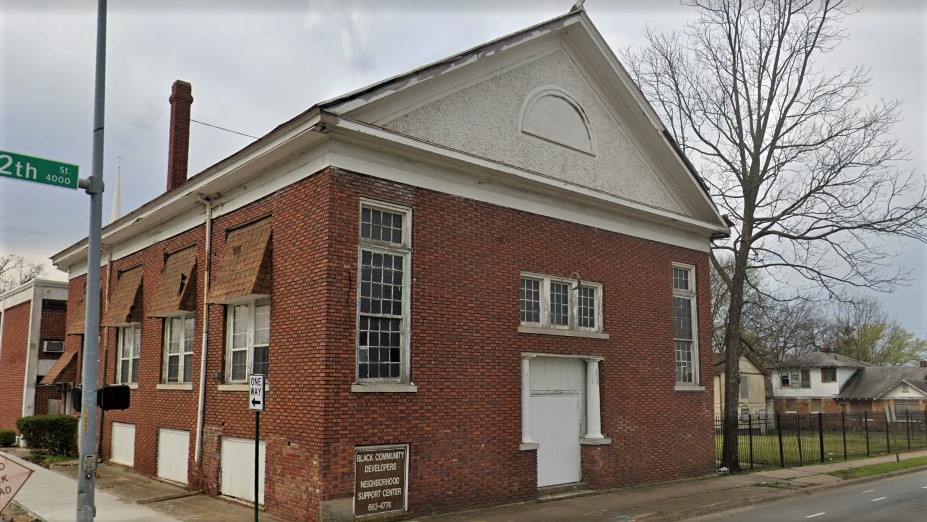 | BCD - Hoover Treatment Center3604 West 12Th Street Little Rock AR, 72202 | Payment Options:Self-pay options Financing available Financial aid Sliding scale payment assistance Medicaid Medicare | ||
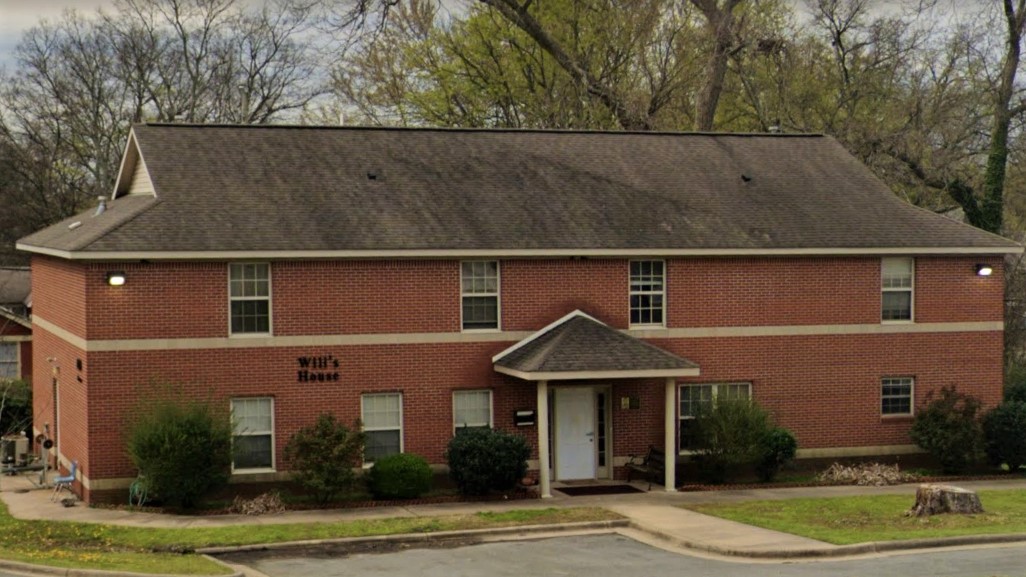 | BCD - Supportive Housing Program1200 South Valentine Little Rock AR, 72204 | Payment Options:Self-pay options Financing available | ||
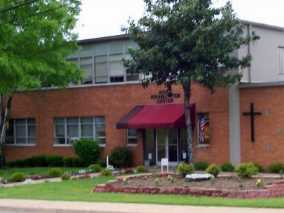 | Bentonville ALEX CenterBentonville ALEX Center, located in Bentonville, AR, offers specialized addiction recovery services tailored to support individuals on their journey to sobriety. Our comprehensive programs include detoxification, residential treatment, and personalized therapeutic approaches designed to address the unique challenges of each client. Our dedicated team creates a supportive and compassionate environment, empowering individuals to heal and develop the skills necessary for lasting recovery. At Bentonville ALEX Center, we believe in the transformative power of recovery and are committed to helping clients reclaim their lives. Contact us today to learn more about our services and take the first step toward a healthier future. 602 N Walton Blvd, Bentonville, AR 72712 | Levels of Care:outpatient Payment Options:MedicaidPrivate insuranceSelf-Pay OptionsFinancial AidMedicareMilitary Insurance | ||
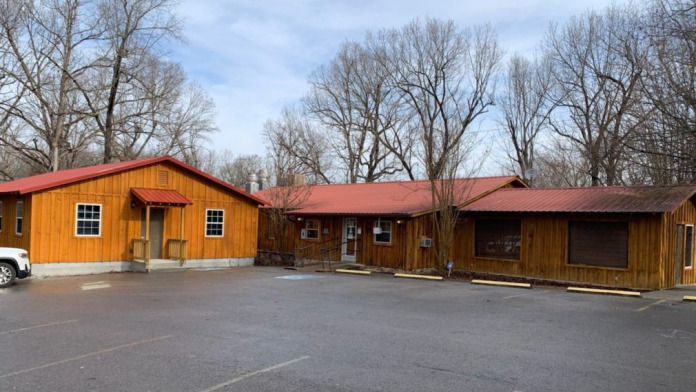 | Birch Tree Communities218 Dogwood Hollow Road Mountain View AR, 72560 | Payment Options:Medicaid Private insurance Self-pay options Medicare | ||
Birch Tree Communities242 Shake Rag Road Clinton AR, 72031 | Payment Options:Medicaid Private insurance Self-pay options | |||
Birch Tree Communities522 Mill Road Clarksville AR, 72830 | Payment Options:Medicaid Private insurance Self-pay options Medicare | |||
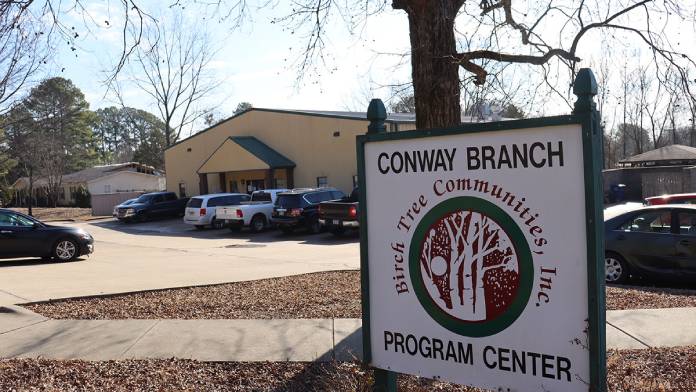 | Birch Tree Communities Center132 Lower Ridge Road Conway AR, 72032 | Payment Options:Medicaid Private insurance Self-pay options Medicare |
Find Arkansas drug rehabs in cities near you or sort by letter.
For anyone seeking help for addiction for themselves or a loved one calls to Addiction Helpline America are completely confidential and available 24/7.
Please note: any treatment center listed on our site that receives calls is a paid advertiser.
Calls to a specific treatment center’s listing will be connected directly to that center.
Calls to our general helpline will be answered by treatment providers, all of whom are paid advertisers.
By calling the helpline, you agree to our terms and conditions. These calls are free of charge and carry no obligation to enter treatment. Neither Sober Steps nor anyone answering your call receives a commission or fee based on your choice of treatment provider.
If you’d like to explore additional treatment options or connect with a specific rehab center, you can browse our top-rated listings, visit our homepage, or call us at (844) 561-0606. You may also contact us for further assistance.
Calls to any general helpline will be answered or returned by one of the treatment providers listed, each of which is a paid advertiser:
Our helpline is available 24 hours a day, 7 days a week at no cost to you and with no obligation for you to enter into treatment. We are committed to providing support and guidance whenever you need it.
In some cases, Addiction Helpline America charges our verified partner a modest cost per call. This fee helps us cover the costs of building and maintaining our website, ensuring that we can continue to offer this valuable service to those in need.
drug rehab in arkansas, arkansas rehab centers, rehabs in arkansas, rehab arkansas, rehab in arkansas
Rehabilitation programs vary significantly in structure and approach, catering to different needs and preferences. In Arkansas, options include inpatient facilities, outpatient programs, and medication-assisted treatment, allowing individuals to choose the path that best suits their recovery journey.
Inpatient rehab centers provide a structured environment where patients can focus solely on their recovery, while outpatient programs offer flexibility for those who may not require 24/7 supervision. Medication-assisted treatment combines behavioral therapy with medications to help reduce cravings and withdrawal symptoms, making it an effective option for many individuals battling addiction.
Understanding the costs associated with addiction treatment is crucial for individuals seeking help. The price of rehab in Arkansas can vary widely depending on the type of facility, length of stay, and specific services offered, which can range from detoxification to intensive therapy.
Many treatment centers in Arkansas accept various payment options, including private insurance, Medicaid, and self-pay arrangements. It's important for individuals to inquire about financial assistance programs or sliding scale fees that may be available to help make treatment more accessible.
Evaluating the success rates of rehab centers can provide insight into the effectiveness of their treatment programs. In Arkansas, many facilities publish their success rates, which often reflect the percentage of clients who achieve long-term sobriety after completing their programs.
Success rates can be influenced by various factors, including the type of treatment, the length of stay, and the support systems in place post-treatment. Prospective patients are encouraged to review these statistics and consider facilities that demonstrate a commitment to high success rates through comprehensive care and follow-up support.
Recovery from addiction is a lifelong journey, and support services play a vital role in helping individuals maintain sobriety. In Arkansas, many rehab centers offer aftercare programs, support groups, and counseling services to assist individuals as they transition back to daily life.
These support services may include regular check-ins with counselors, participation in group therapy sessions, and access to community resources. Engaging in ongoing support can significantly enhance recovery outcomes and help individuals build a strong foundation for a healthier future.